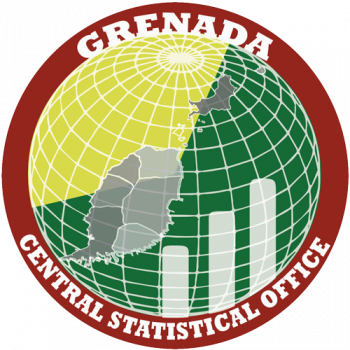Housing and Population Census 2021 Preliminary results are now available.
What is a Census
A Population Census is the total process of planning, collecting, compiling, evaluating, disseminating and analyzing demographic, economic and social data at the smallest geographic level pertaining, at a specified time, to all persons in a country or in a well-delimited part of a country. A housing census is the total process of planning, collecting, compiling, evaluating, disseminating and analyzing statistical data relating to the number and conditions of housing units and facilities available to the household at a specified time, to all living quarters and occupants thereof in a country or well-delimited part of a country. [1]
Data
All About Grenada's 2021 Census
A census is conducted every ten (10) years in most countries. The last Population and Housing Census conducted in Grenada, Carriacou and Petite Martinique was done on May 12th, 2011. The Census date for 2022 is the 14th January, 2022. The primary objective of the 2022 Census is to gather and provide detailed information on the population which includes statistics on the demographic, economic and social characteristics of the population as of this date. The population is basic to the production and distribution of material wealth. In order to plan for, and implement, economic and social development projects, administrative activities and scientific research, it is necessary to have reliable and detailed data on the size, distribution and composition of the population. The 2022 Census is to be Grenada’s first paperless census utilizing the Computer Assisted Personal interviewing (CAPI) technology. The Census would be conducted using tablets and the World Bank designed Survey Solutions software. This CAPI approach allows the Central Statistical Office to effectively monitor the overall census, in particular the performance of field staff, and ensures that questionnaires are completed with the highest level of accuracy. Given that in this new approach validation rules are built in at the data collection phase the time taken to process the census result will be reduced exponentially. Another advantage of the CAPI approach is that the information is captured in Realtime. Hence any point during the census enumeration preliminary reports on the indicators captured in the questionnaire could be produced.
